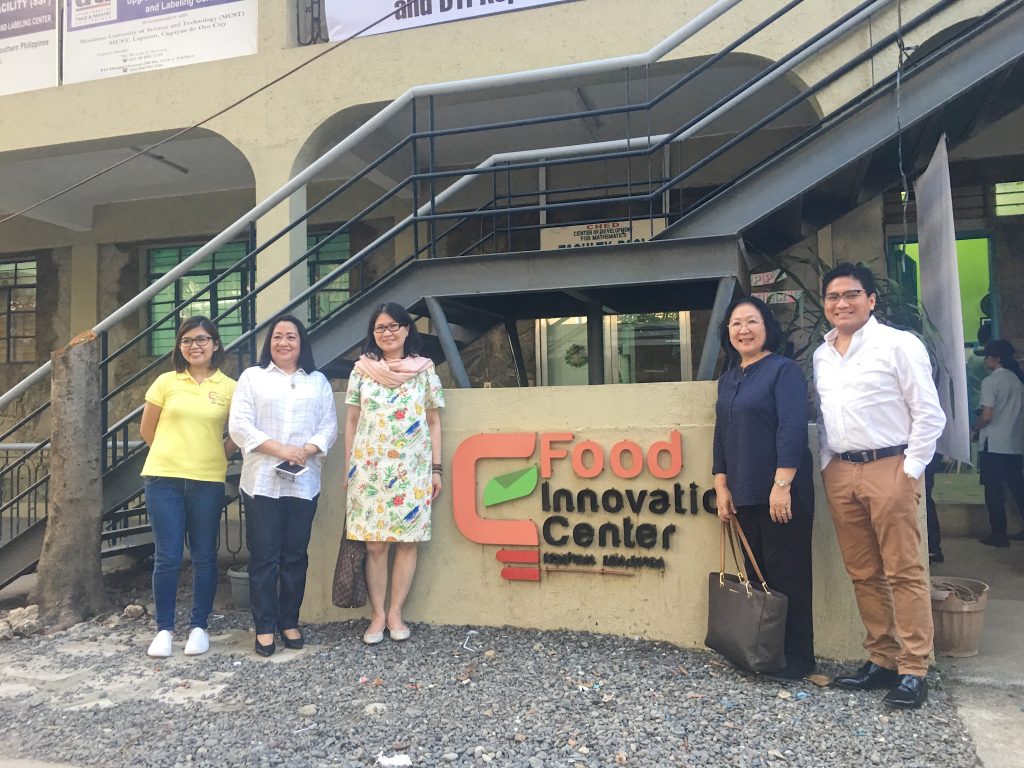
RIICs: Building Innovation Platforms and Networks in the Regions
The Department of Trade and Industry has begun establishing Regional Inclusive Innovation Centers (RIICs) in four pilot regions, namely Regions 5 (Bicol), 7 (Cebu), 10 (Cagayan De Oro), and 11 (Davao). Each of the pilot regions have an identified focused product/service to innovate, namely: Pili for Bicol, Electronics & ICT for Cebu, processed food for Cagayan De Oro, and processed fruits & functional food for Davao.
Apart from the Negosyo Centers already in operation across the country, the RIICs shall serve as another channel for MSMEs to improve and enhance their goods or services, specifically in the areas of technology upgrading, research and development, and other innovation-related needs.
As part of the ecosystem assessment, the DTI, with the assistance of USAID-STRIDE have conducted in September 2018 to March 2019, several focus group discussions (FGD) and key stakeholder interviews in the four pilot areas. The discussions centered into program alignment as well as several innovation needs assessments per region. Through these activities, stakeholders were asked what they think and how they respond to opportunities for innovation.
This was followed by the conduct of several Ideation Workshops and Writeshops, specifically in Regions V, IX and XI. The workshops focused on topics such as R&D Project Design and R&D Projects Planning to further equip stakeholders on advancing their particular product/service towards innovation.
RIICs are enabling networks or platforms, either physical or virtual, that aim to link government, academe, and industry together; and promote the pursuit of market-oriented research towards addressing societal issues and industry needs by enabling the creation of new products and services. This endeavor results to the creation of a strong and globally competitive manufacturing, agriculture, and services sector.
As one of the major recommendations of the Inclusive Filipinnovation and Entrepreneurship Roadmap, the RIICs will help establish an inclusive innovation and entrepreneurship ecosystem in the country, in pursuit of the government’s Inclusive Innovation Industrial Strategy (i3S).
“RIICs shall serve as the core of the i3S, hence, new products and services, as well as new economic activities and industry clusters are expected to emerge particularly in priority sectors such as automotive, electronics, chemicals, IT-BPM, and agribusiness”, Trade Undersecretary Aldaba said.
As the RIICs are being fine-tuned in the pilot areas, a smoother and much improved rollout of other RIICs in the coming months and years is expected, thus jumpstarting an inclusive innovation and entrepreneurship ecosystem for MSMEs across the country.

Republic of the Philippines
All content is in the public domain unless otherwise stated.
About GOVPH
Learn more about the Philippine government, its structure, how government works, and the people behind it.




